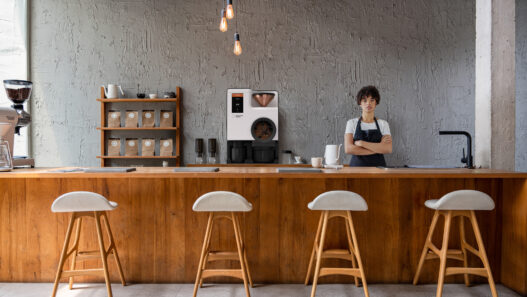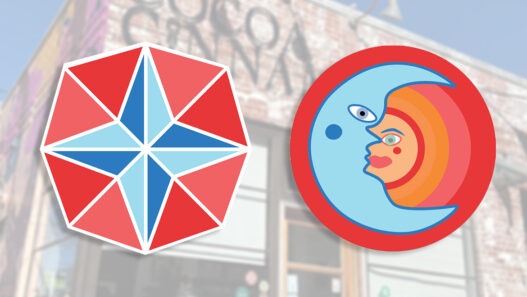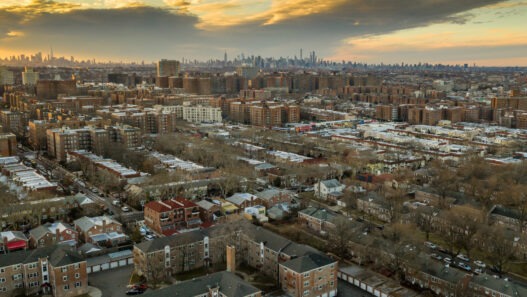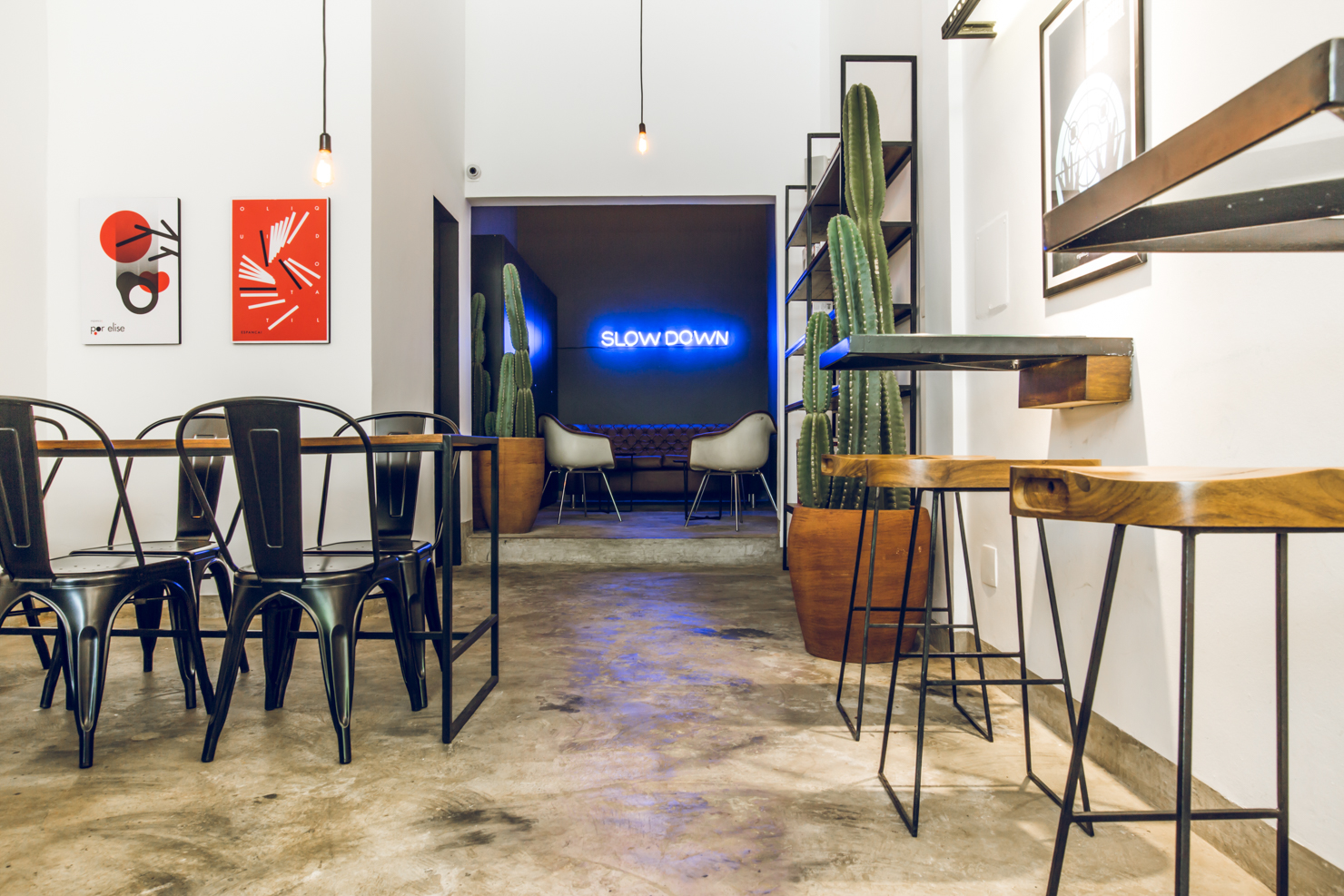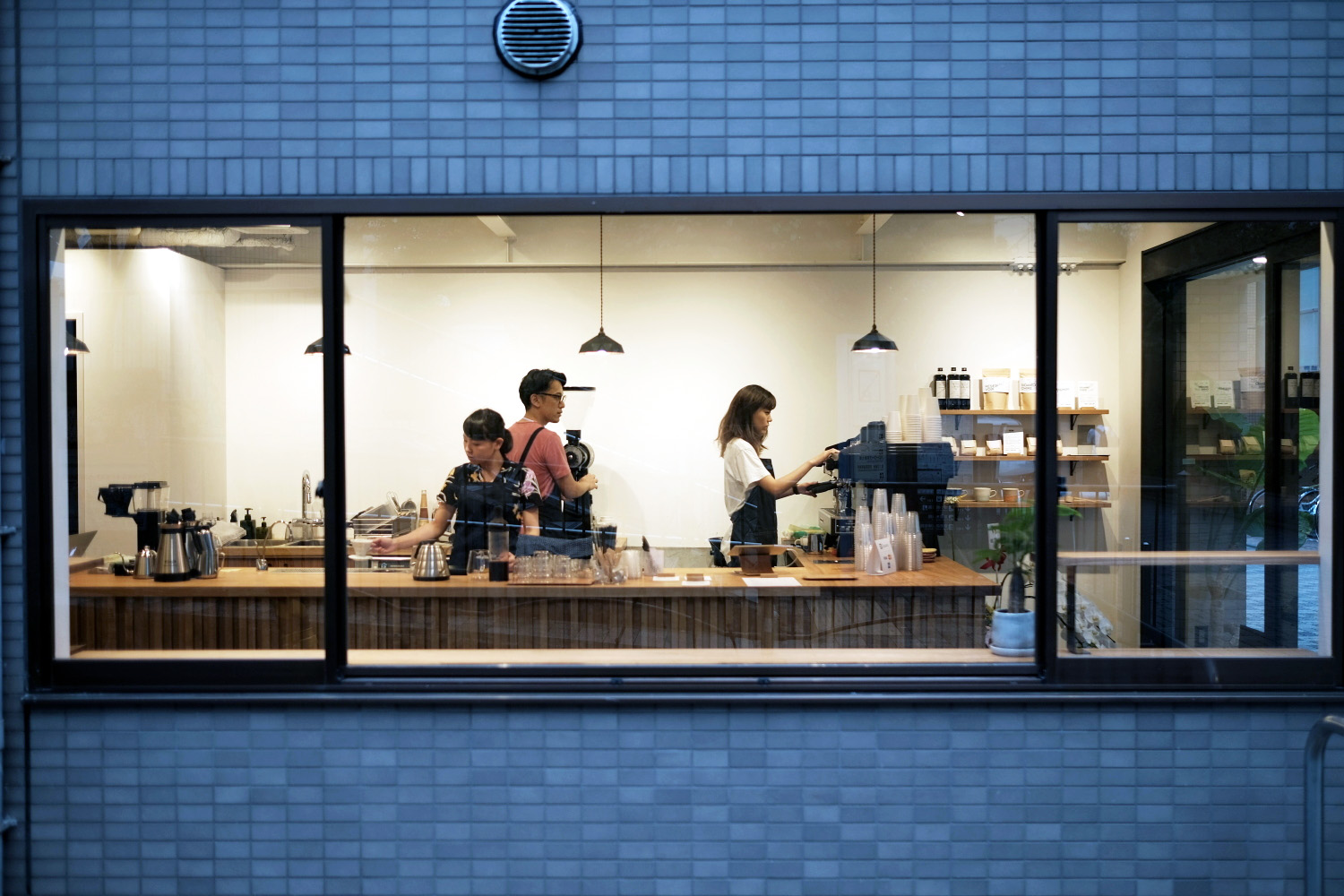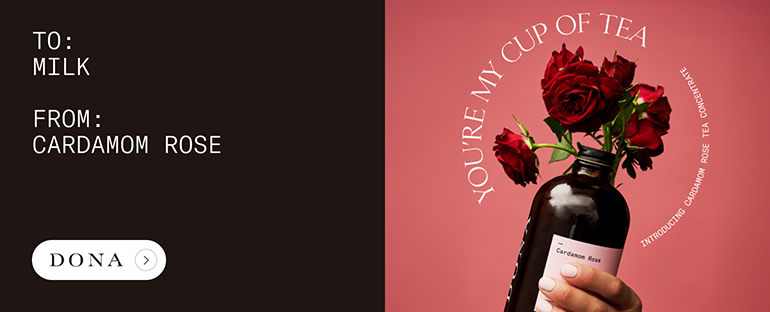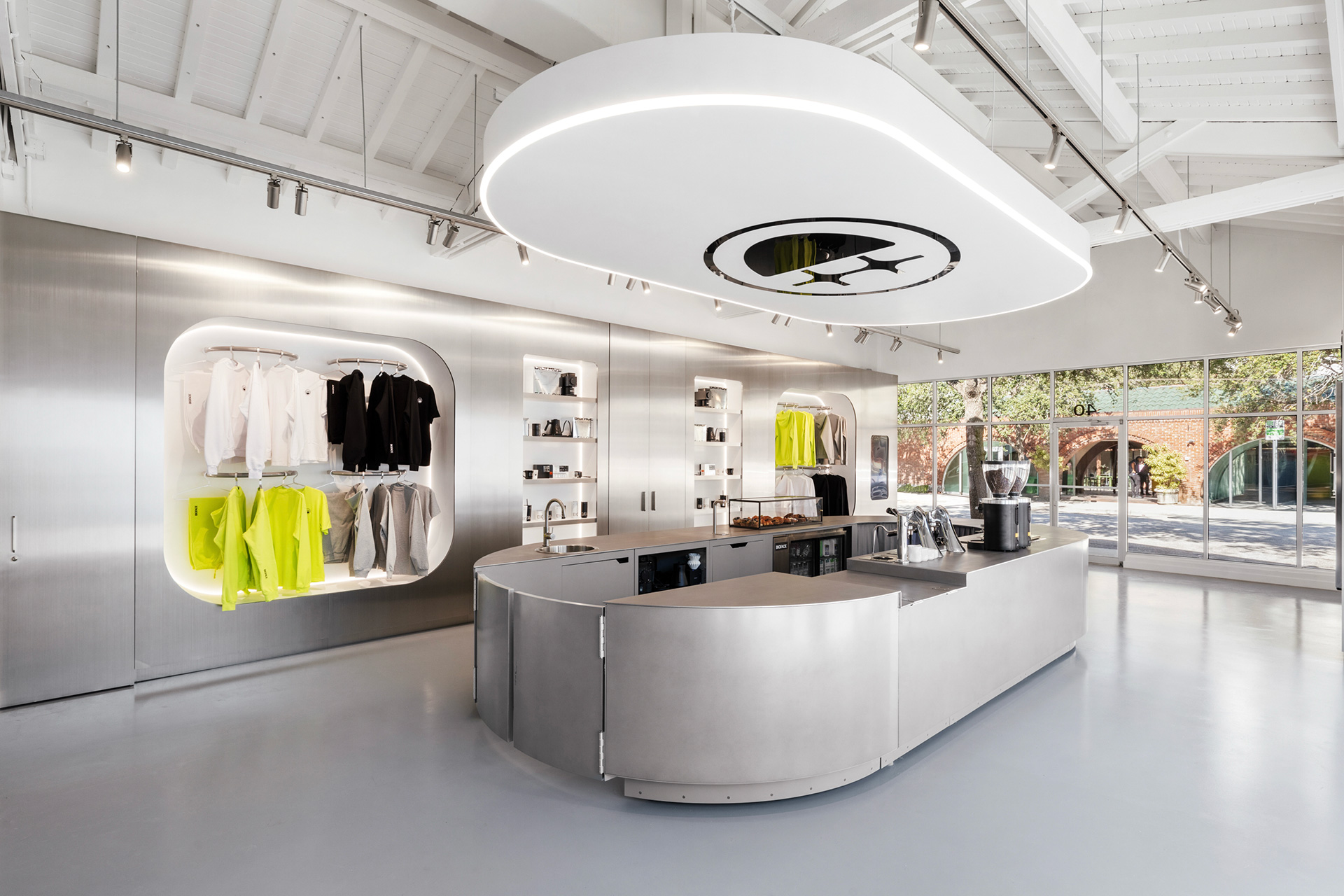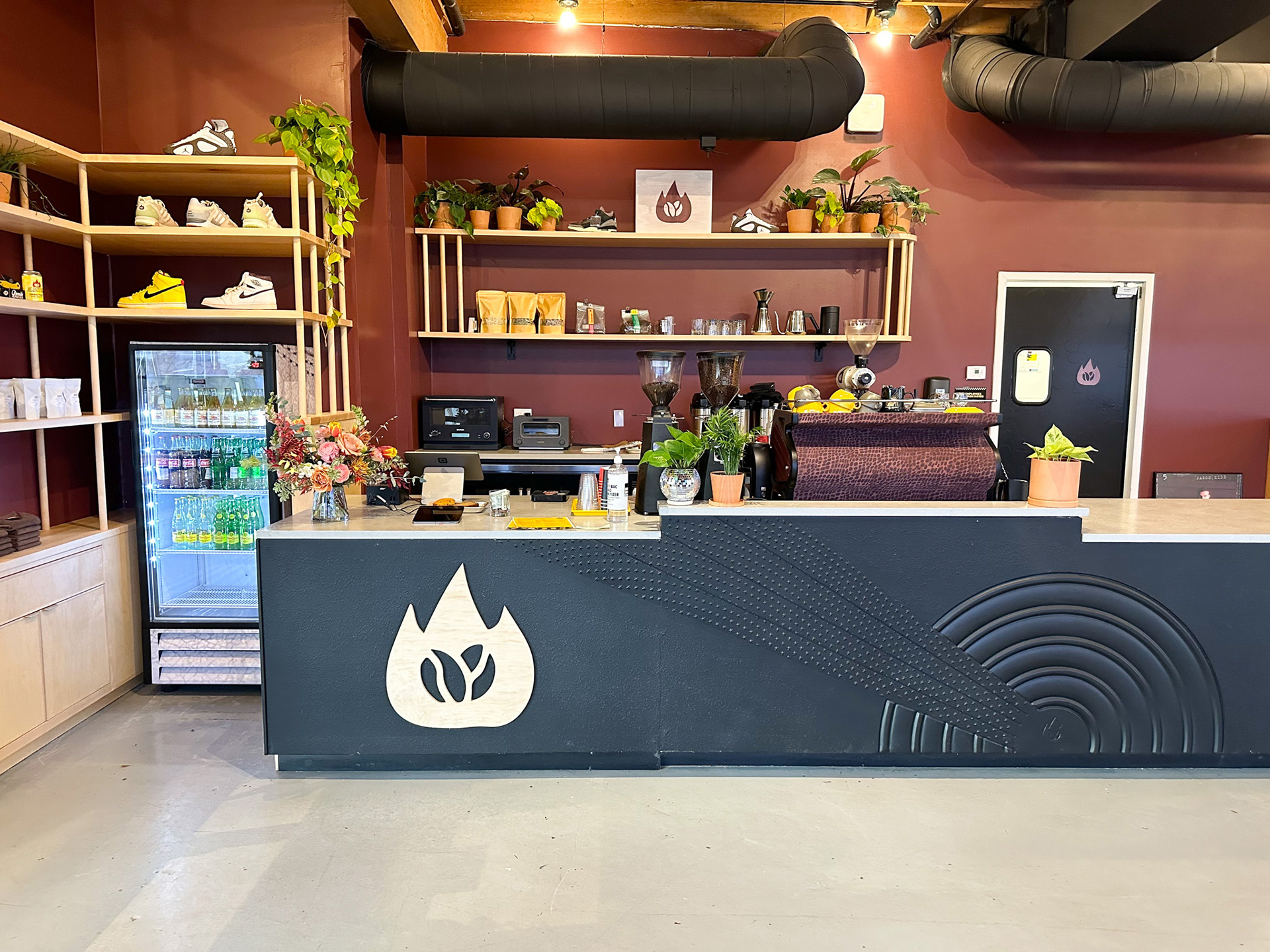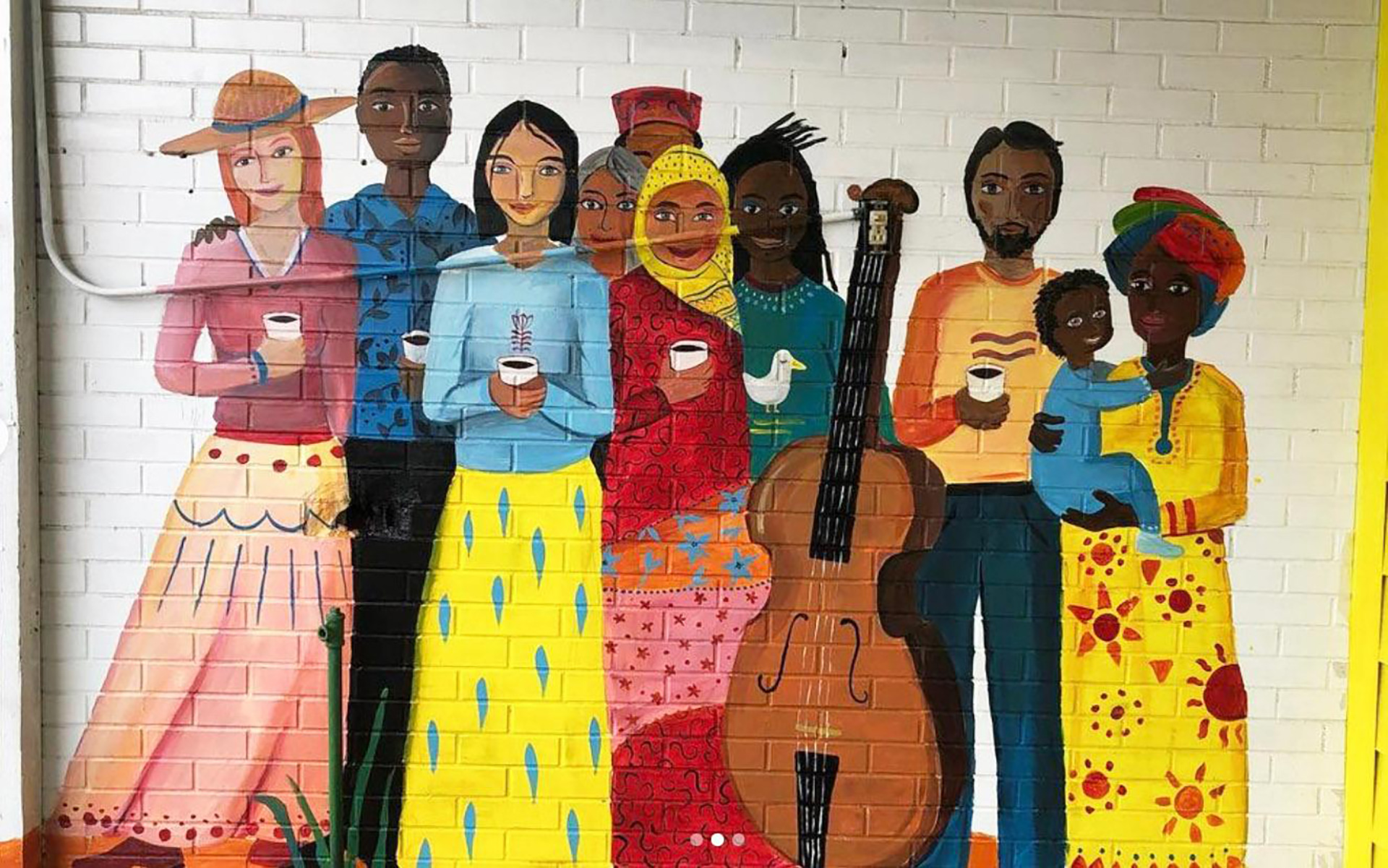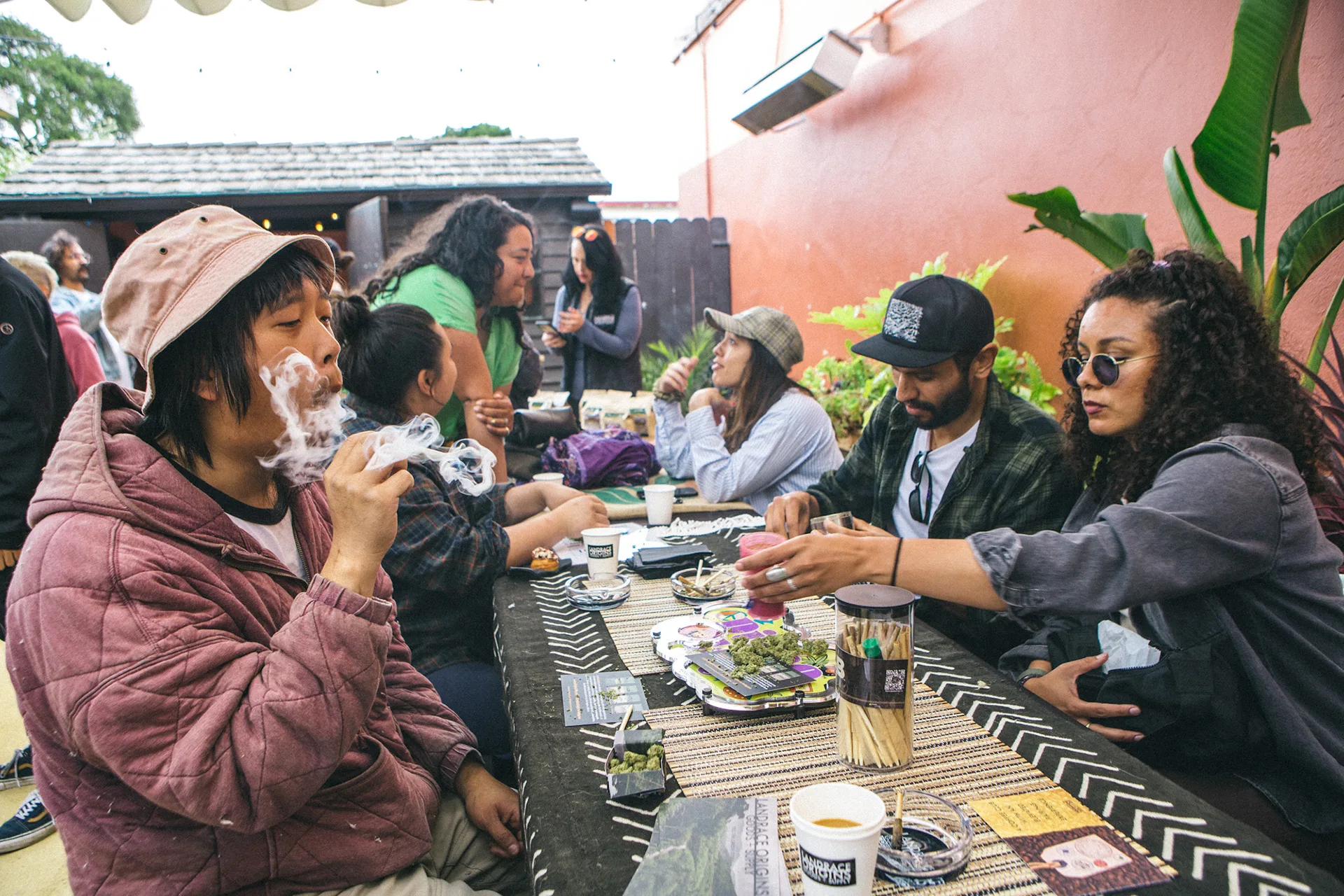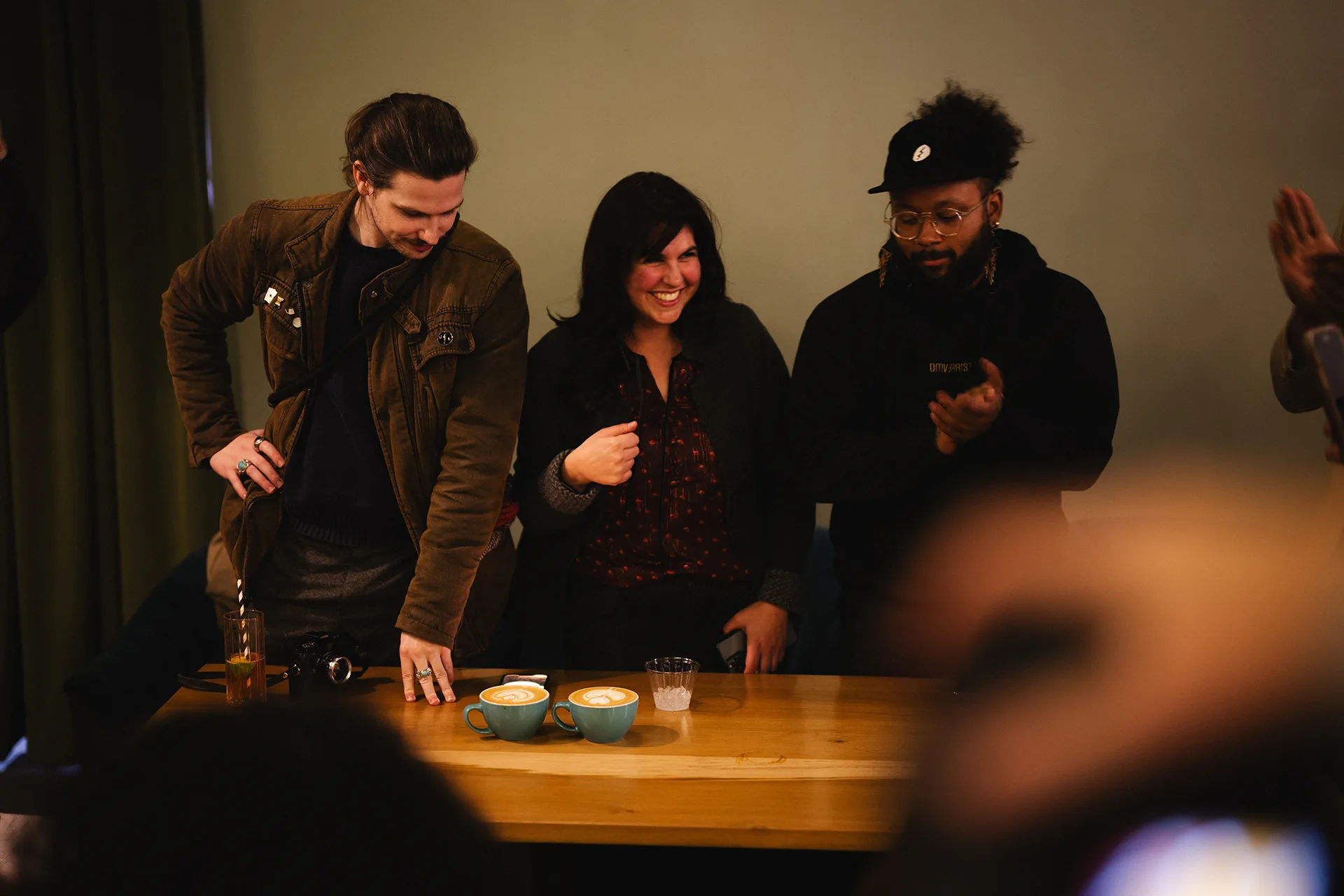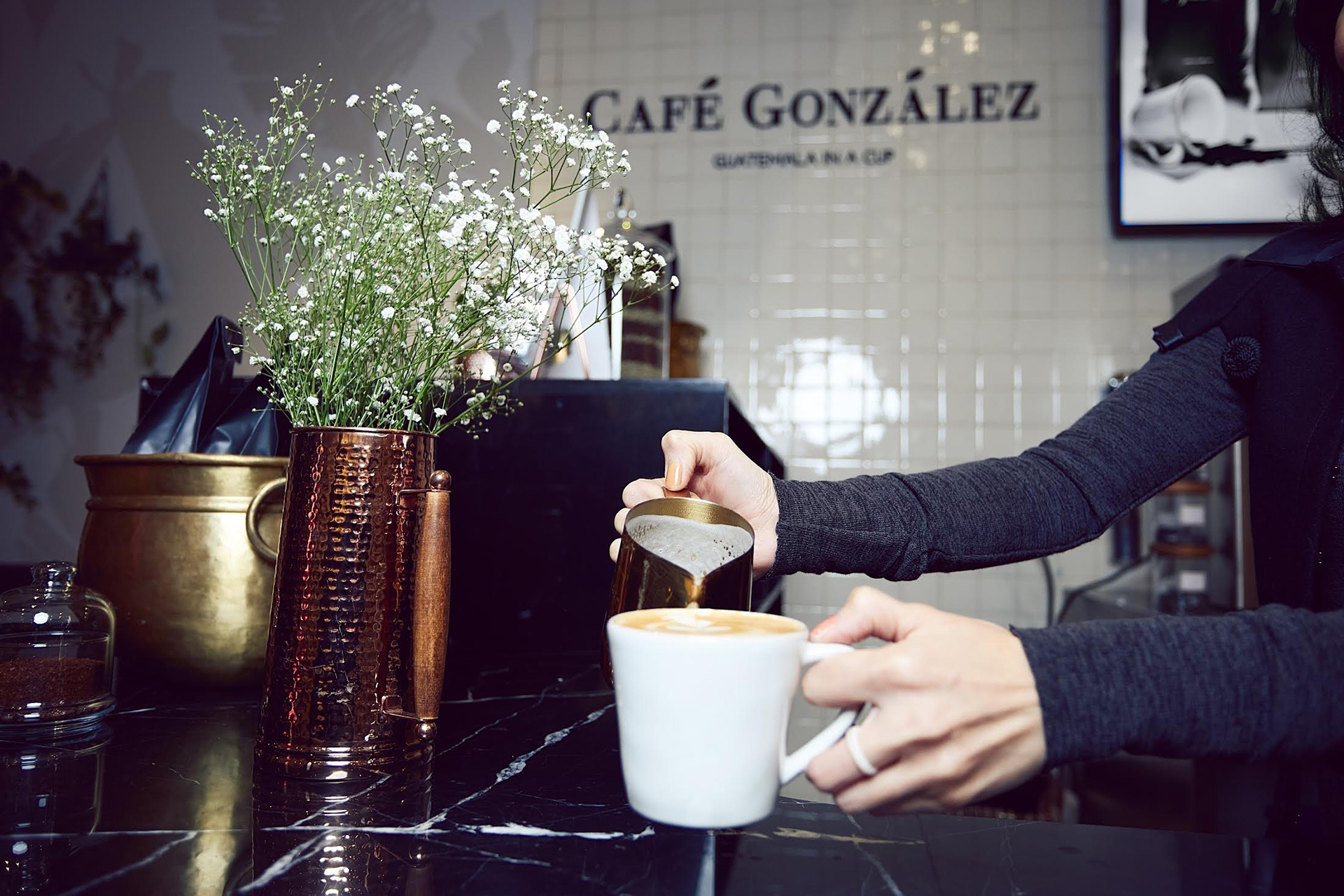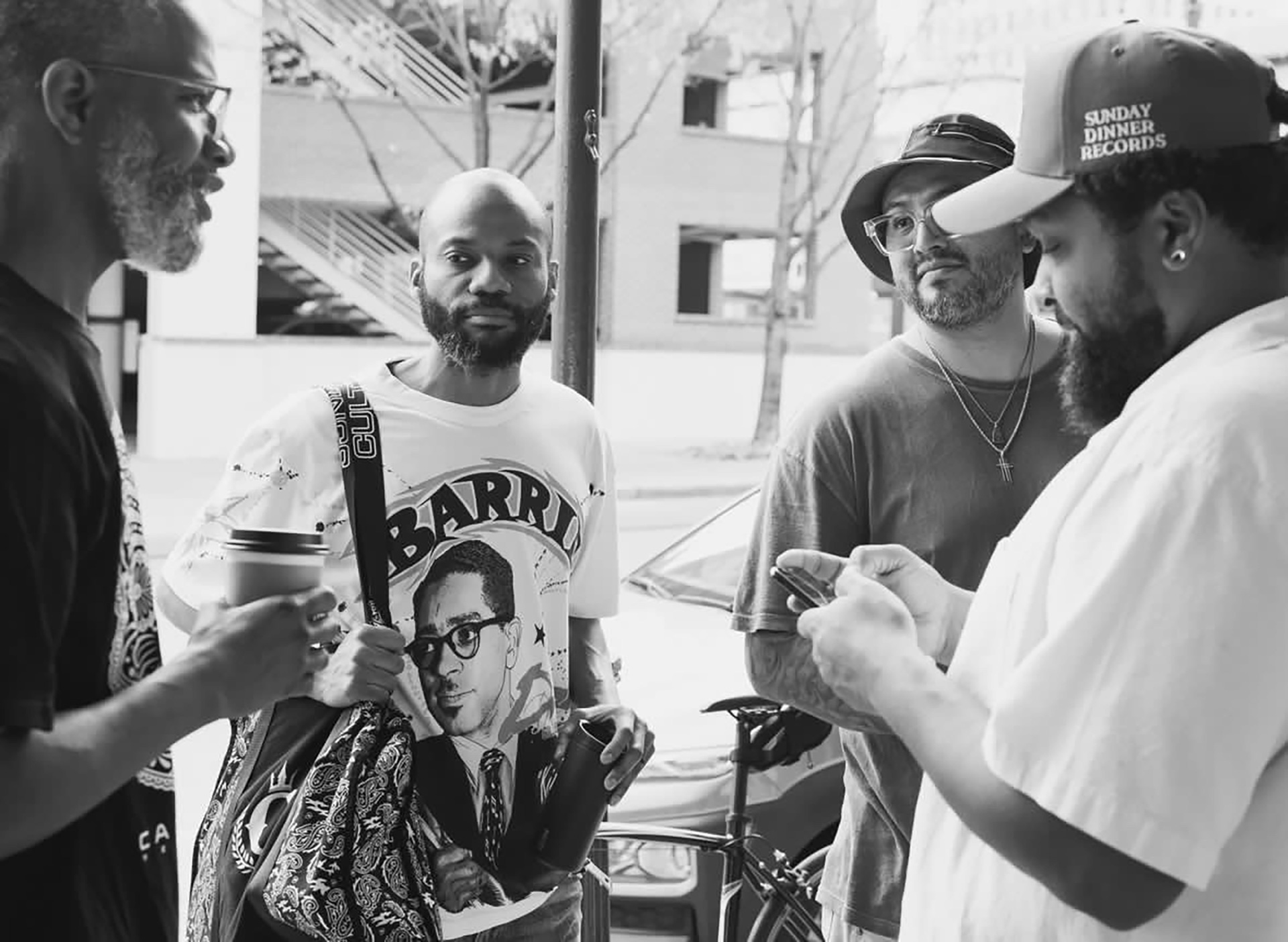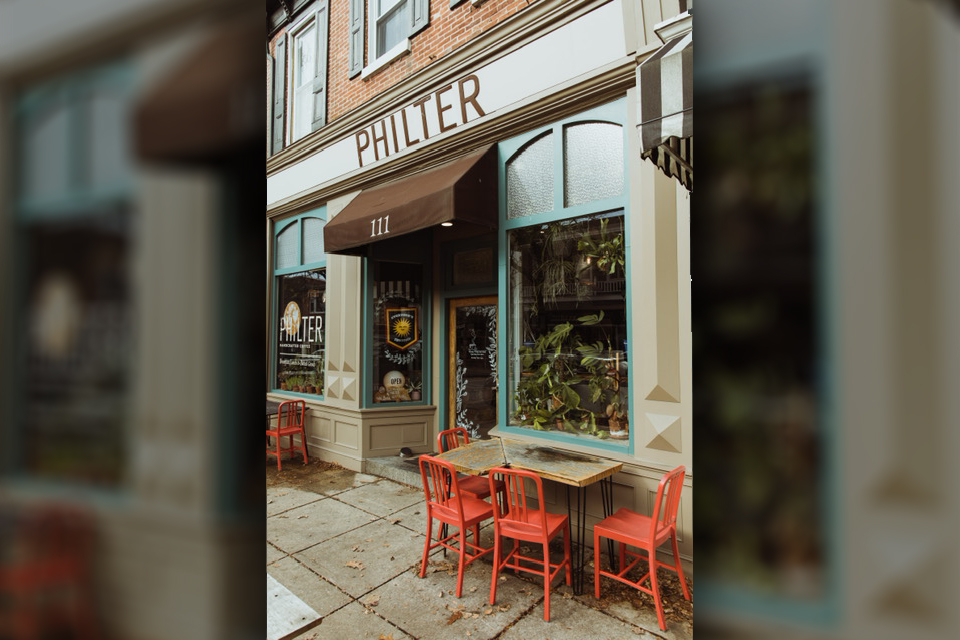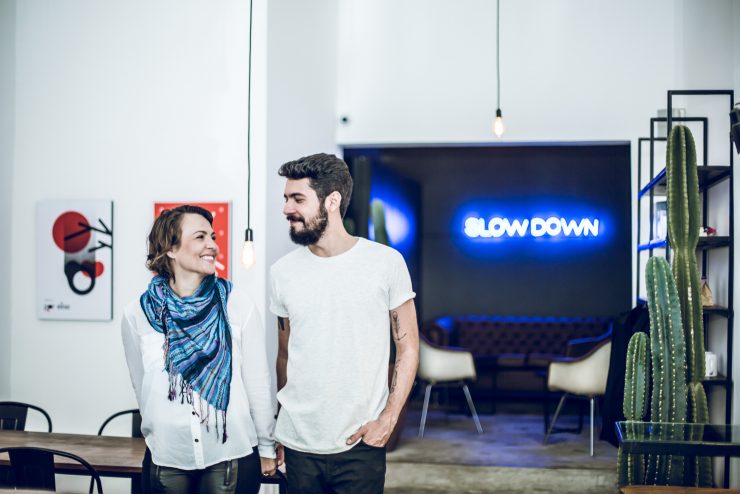
One cannot visit Belo Horizonte, the capital of Brazil’s Minas Gerais state, and miss the Savassi neighborhood. It hosts most of the bars, cafes, restaurants, and commerce areas in the metropolitan area, and it exudes a cosmopolitan feel that’s rare in other parts of the city. The area orbits the Praça da Savassi square—called the “Praça Diogo de Vasconcelos” until the 1930s when both the square and the neighborhood became associated with a popular local Italian bakery. Just a block away is OOP Coffee, a crucial hangout for workers, tourists, and all the others who need a break from bustling Savassi.

Tiago Damasceno and Adriene Cobra, OOP’s founders, met at their formal job, in a bank. Damasceno, originally from Belém in the north of Brazil, always had a coffee habit, but got deeper into specialty coffee after moving to Belo Horizonte. Cobra’s family had a coffee farm in the south of Minas Gerais, and she knew the country routine well. After watching a TV show about how the owners of Beluga, in São Paulo, left their regular jobs to open a coffee shop, Damasceno invited Cobra—“the perfect partner,” as he said—to join him in a similar pursuit. Savassi is similar to Beluga’s part of São Paulo, close to many design, architecture, and marketing firms. They knew it had to be there.
To test the waters, the duo staged pop-up events to gauge public acceptance of specialty coffees and were surprised by the number of people who approved of both the cafe idea and their coffee. So encouraged, early in 2016 the pair found a pretty, high-ceilinged location a block removed from the Savassi madness, on a quiet street.
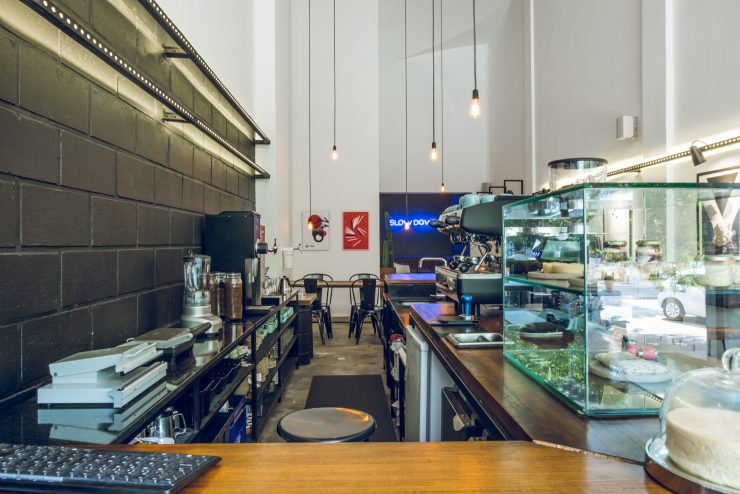
The welcoming vibe at OOP begins when you are greeted by a barista at the counter upon entering—not an accident, as Damasceno and Cobra want a place not just for specialty coffee lovers but also the less-knowledgeable general public. “We don’t want to be a niche destination, but rather to make our contribution to enlarge the specialty coffee public in Belo Horizonte,” Damasceno explains.
Work on the clean, streamlined cafe was completed with designers Paulo Augusto Campos and Marina Garcia. So when Cobra and Damasceno wanted to have a neon sign, the architectural duo had the idea for an area in the back with a couch, which now rests under a neon “Slow Down” sign. Damasceno jokes that this is now BH’s Tour Eiffel—one of the town’s most photographed icons. “It turns out that slowing down is exactly what we want customers to do,” Damasceno adds. “To take time to enjoy their moment, their cup of coffee.”

Along OOP’s walls, you’ll always find artwork from local artists. The ceramic cups were specially made for the shop by local supplier Ateliê de Cerâmica. The benches were made by Leonardo Bueno, another Minas Gerais artist, with wood reclaimed from Mineirão, Belo Horizonte’s largest stadium, during its pre-World Cup renovations.

OOP’s espresso beans rotate weekly, and barista Victoria Magó will happily introduce you to any new coffee being used. (V60 and AeroPress options are also available.) Damasceno recently started roasting, while Cobra is focused on sourcing the best green coffee she can find. Upon my visit I tried a sweet, beautifully roasted pour-over from Serra da Canastra.
The food menu at OOP is short and uncomplicated. I recommend the Canastra cheese (really well-made raw-milk cheese from the same mountainous area in Minas Gerais that my pour-over came from) served with homemade jam. The jam I tried the day I visited was the acerola one, made by Cobra’s aunt in the countryside. Combine it with a pour-over and it will make your day, I promise.
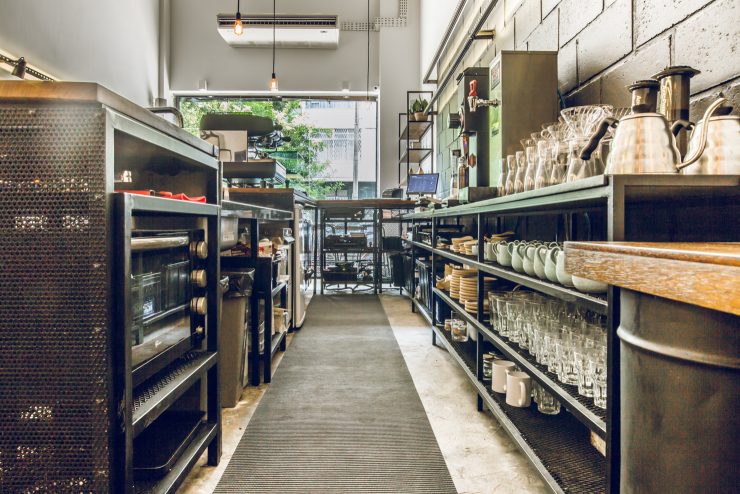
The word oop means “open” in Afrikaans, which is exactly the mission of this cafe: to be open to the local community of artisans, open to Savassi passersby, open to new sensorial experiences with specialty coffee, open to taking a break from the crowd. Long live the coffee shops that aim to be truly open in those senses.
Juliana Ganan is a Brazilian coffee professional and journalist. Read more Juliana Ganan on Sprudge.









